The Dutch-born Moluccan artist is interested in how class, rather than race, creates solidarity among immigrant communities through tender images of young men in Europe
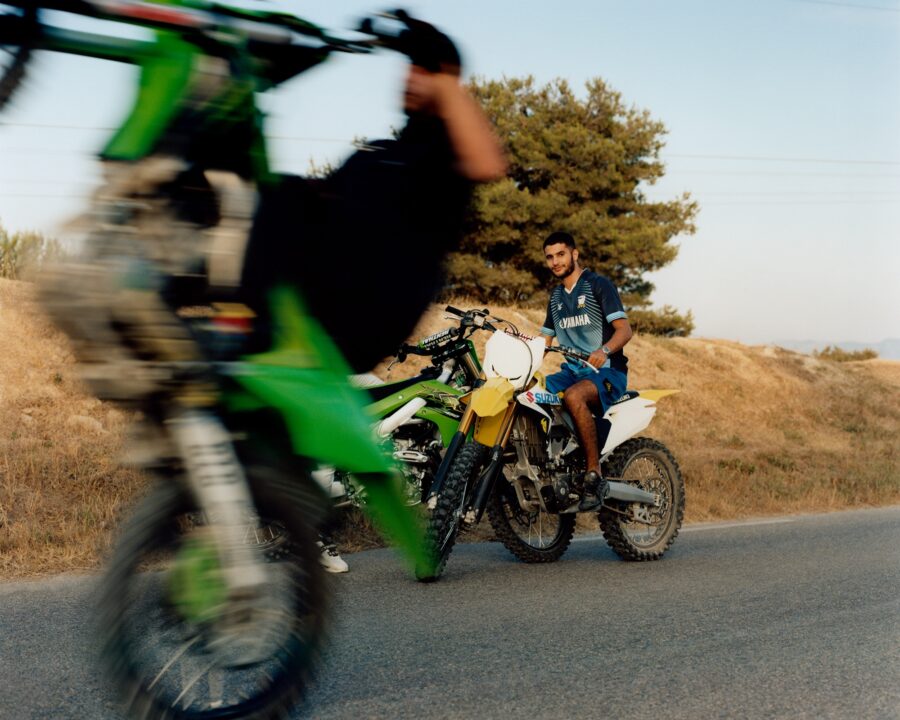

The Dutch-born Moluccan artist is interested in how class, rather than race, creates solidarity among immigrant communities through tender images of young men in Europe
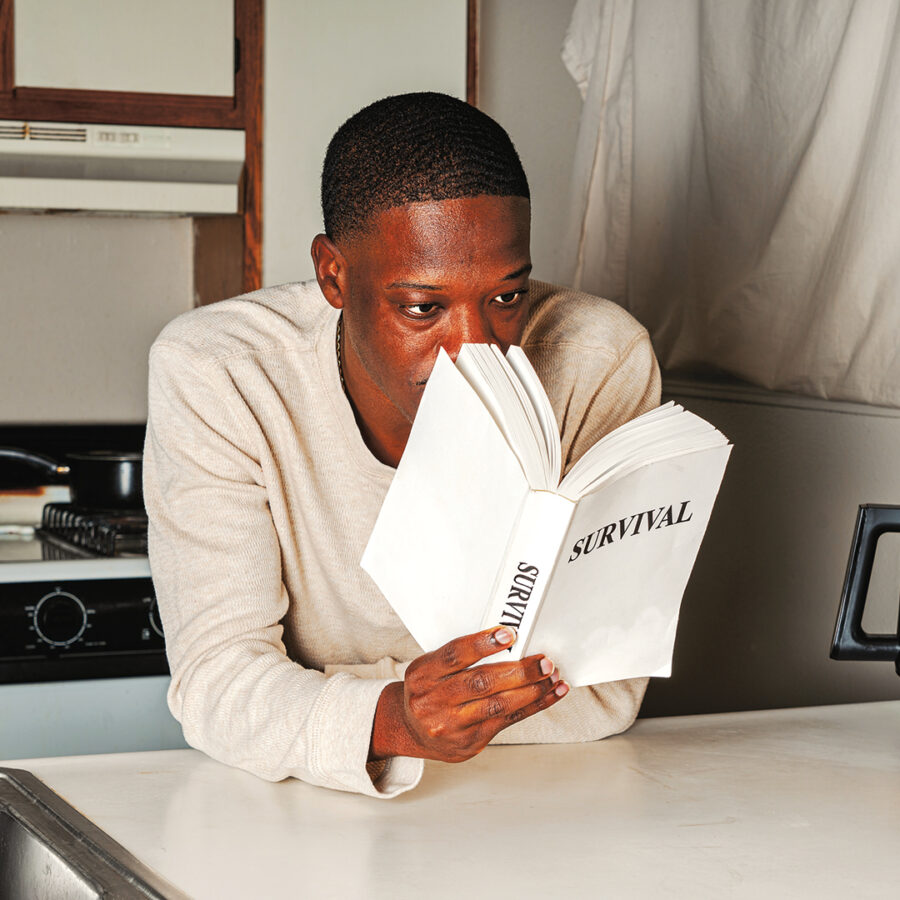
Galvanised by the brutal events of the Red Summer of 1919, Ones to Watch winner Trent Harlan Bozeman returns to his native Arkansas to document the consequences of Black history
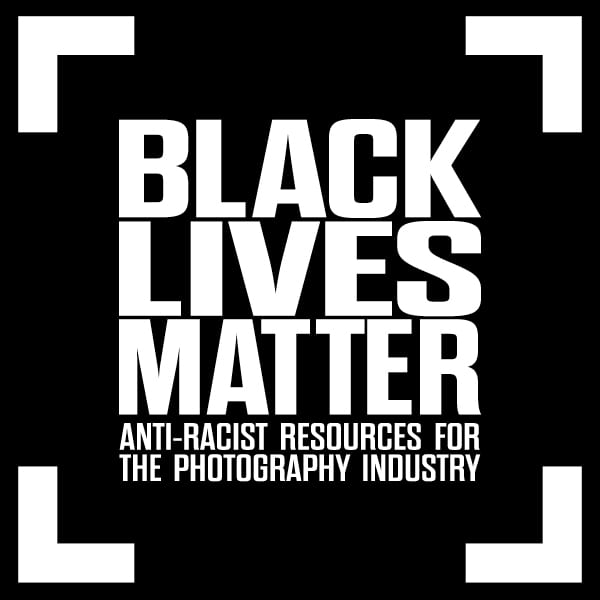
George Floyd’s murder has sparked global protests against racism, inequality, and police brutality. Here, we compile a growing list of books, articles, and initiatives to learn from and support
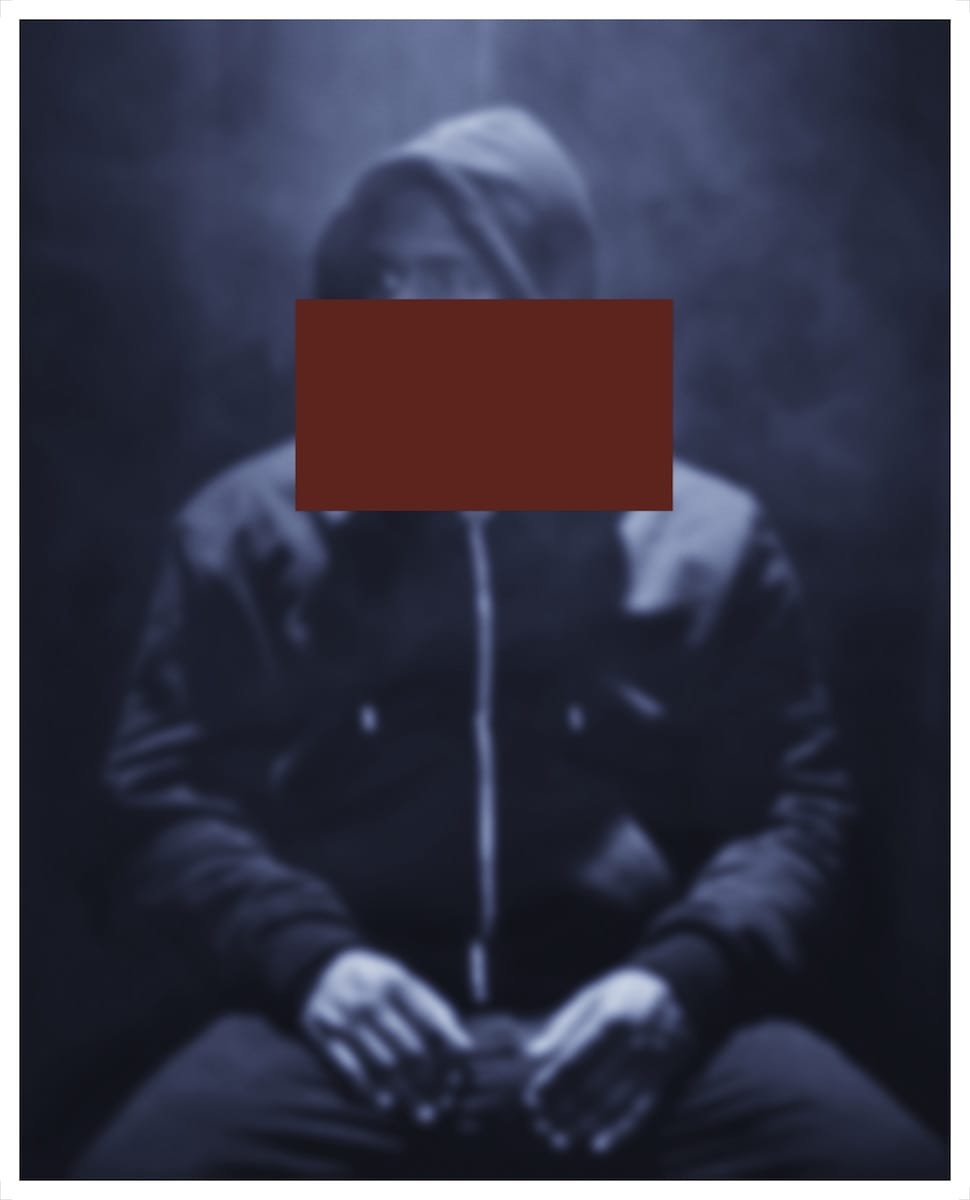
Carrie Mae Weems, Dana Scruggs, Lola Flash and Mark Sealy invite us to look and consider — to acknowledge and act upon injustices that pervade the past and the present. In light of recent events, we return to interviews with them from our archive
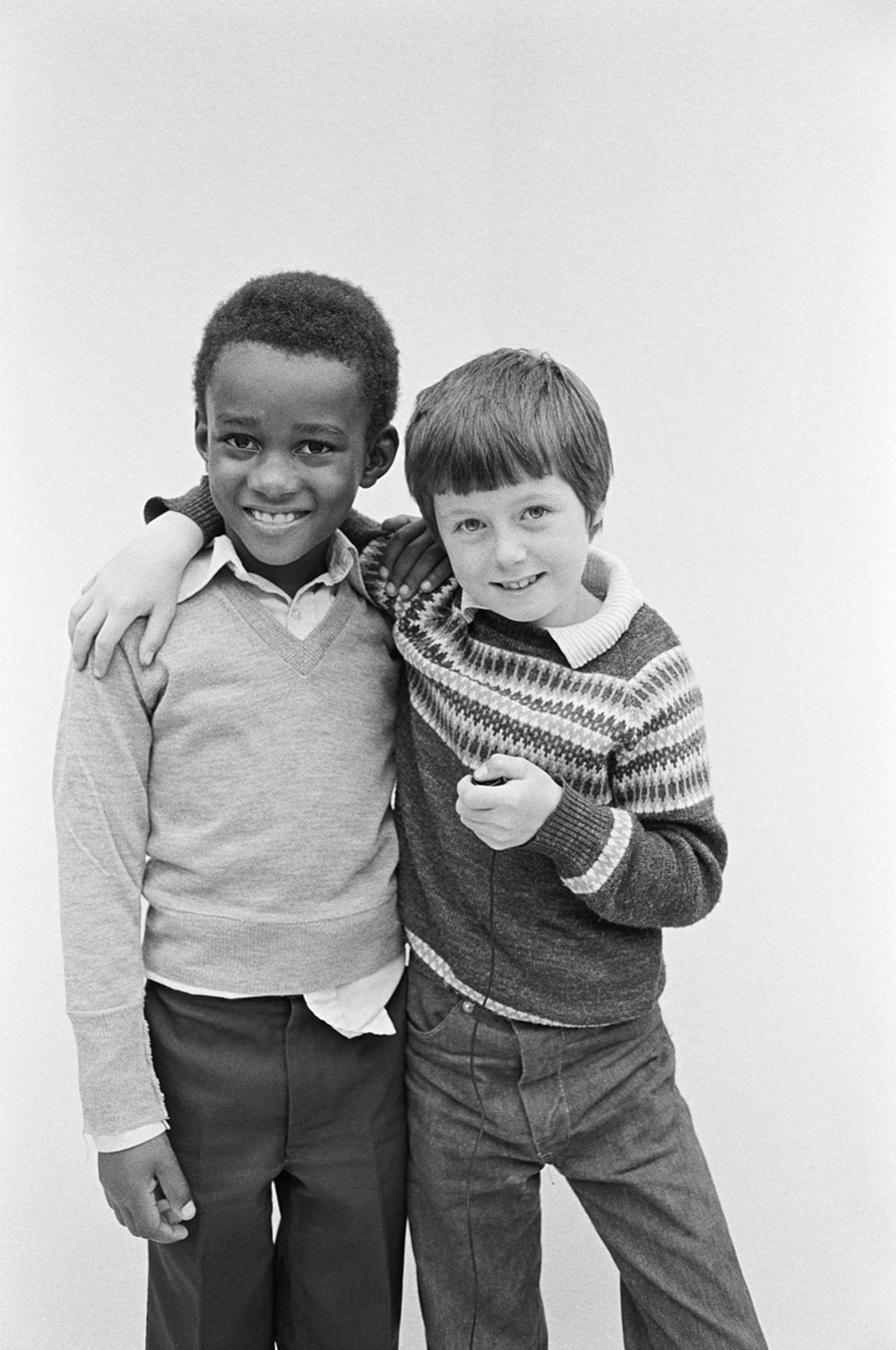
When Derek Bishton, John Reardon, and Brian Homer set up a photography and design agency in the late 1970s in Handsworth, a multicultural, inner-city district of Birmingham, they were viewed with suspicion. “I lived in Handsworth and walked to work with my camera, and I felt people were looking at me as if to say ’Who is this white guy, is he working for the police?’” says Bishton. “As I started to take photographs I was aware of this problem.”
Their agency, Sidelines, had been set up to work with community groups on issues such as social justice housing, unemployment and immigration though, so the photographers were keen to win the locals’ trust. Discussing it in their office, a converted terraced house on a busy shopping street in Handsworth, Bishton happened to find a photograph in Camerawork Magazine, showing a Ukranian woman who had photographed herself in a portrait studio set up by American photographer David Attie. It was, he realised, the perfect solution – and one which their office was seemingly built for.
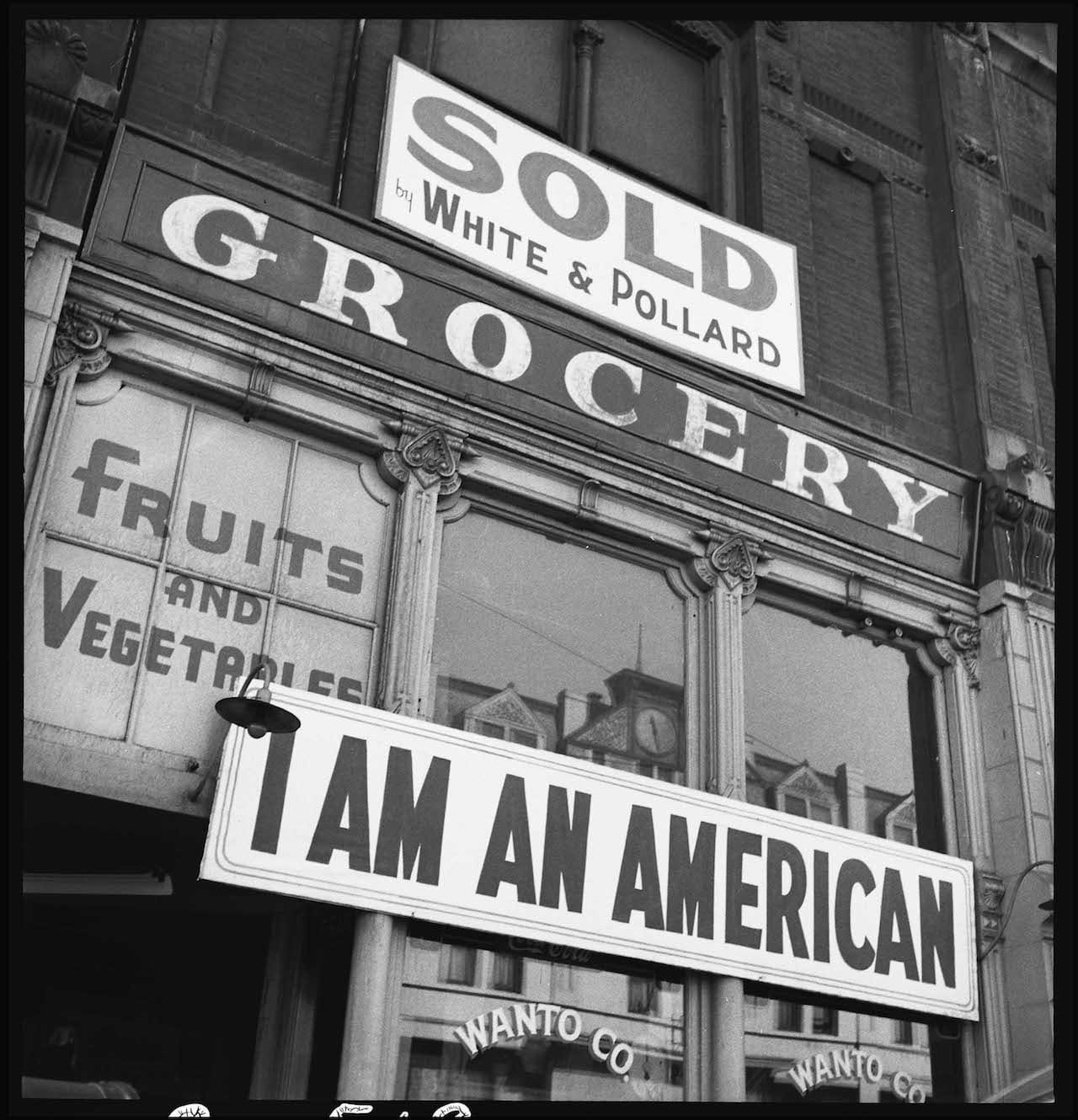
On 19 February, 1942, President Franklin D. Roosevelt signed Executive Order 9066, setting in motion a process in which all Americans of Japanese ancestry living on or near the West Coast were imprisoned. In total, 120,000 Japanese Americans were forced to leave their homes, moving into detention camps in which they were sometimes literally held behind barbed wire, without recourse to due process or other constitutional protections to which they were entitled.
It was, argues a forthcoming exhibition in San Francisco, a “dark chapter” in American history, motivated by “fear-mongering and racism at the highest levels of the US government”. Titled Then They Came for Me: Incarceration of Japanese Americans during WWII and the Demise of Civil Liberties, the exhibition features work by both noted American documentary photographers such has Dorothea Lange and Ansel Adams and incarcerated Japanese American artists Toyo Mityatake and Miné Okubo. Drawing out “parallels to tactics chillingly resurgent today”, the exhibition is accompanied by a full programme of events, including a discussion on 02 March titled The Realities of Othering: Islamophobia and the Legacy of Japanese American Incarceration.
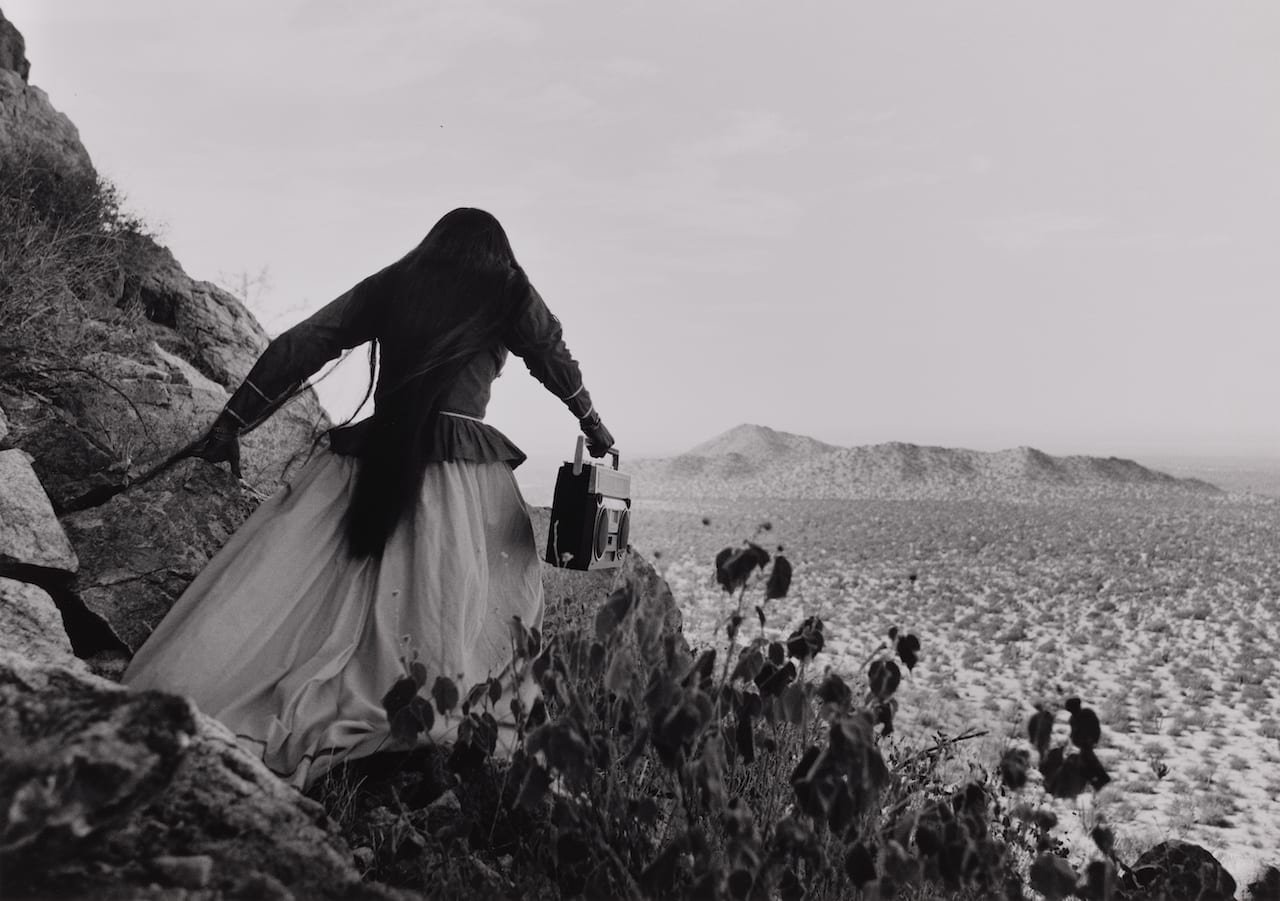
Behind a shop vitrine, a human skull, wearing a helmet adorned with a swastika, grins. Next to it, an animal – apparently taxidermic – stands rigid on the floor. The silhouette of a pair of legs belonging to a passer-by on the street reflects in the glass. Above this desultory display, a banner stuck to the top of the window reads, “Mexico… ¡quiero conocerte!”. In this single photograph, taken in 1975 in Chiapas, Graciela Iturbide projects her vision of Mexico: a country of political, religious, social, cultural and economic pluralities and tensions. A place where contrasts present themselves at every turn – sometimes harmonious, sometimes tense.
It is this multilayered image of Mexico that Iturbide has slowly peeled back and revealed through her photography over the last five decades. She has travelled extensively across her own country, between urban and rural landscapes, living with different communities, and moving from the physical to the transcendental, the ancient to the contemporary, witnessing and experiencing the juxtapositions intertwined in Mexican culture.
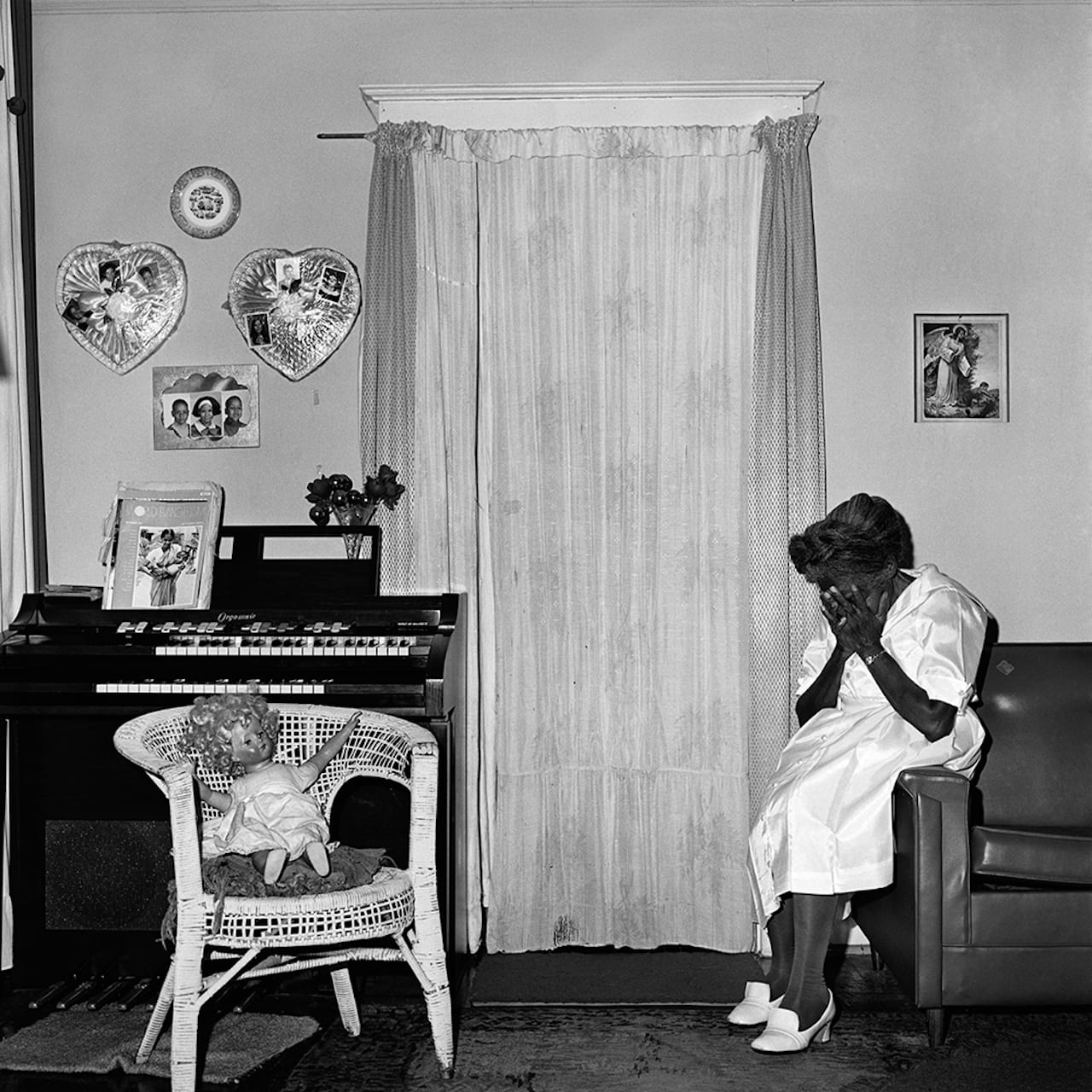
Between 1930 and 1964, Liberty Theater was the name of a non-whites only cinema owned by Rosalind Fox Solomon’s family in Chattanooga, Tennessee. “There was an irony in the name. I chose Liberty Theater as the title of this book because of its multiple meanings,” she says. “In a broader context, the title relates to performance and pretence in the theatre of life.”
The photographs Liberty Theater collects together were taken through the 1970s to 90s in the southern United States, and have never before been published as a group. From Georgia to South California, through Mississippi, Tennessee and Louisiana, Solomon captured the complexity of race, class, and gender divisions.
“I had no idea that photography would change my life,” says Solomon, who began photographing when she was 48, after graduating from college, getting married and raising two children. In 1977 she moved to Washington DC, where her husband worked for the General Services Administration, and visited New York City to study privately with Lisette Model.
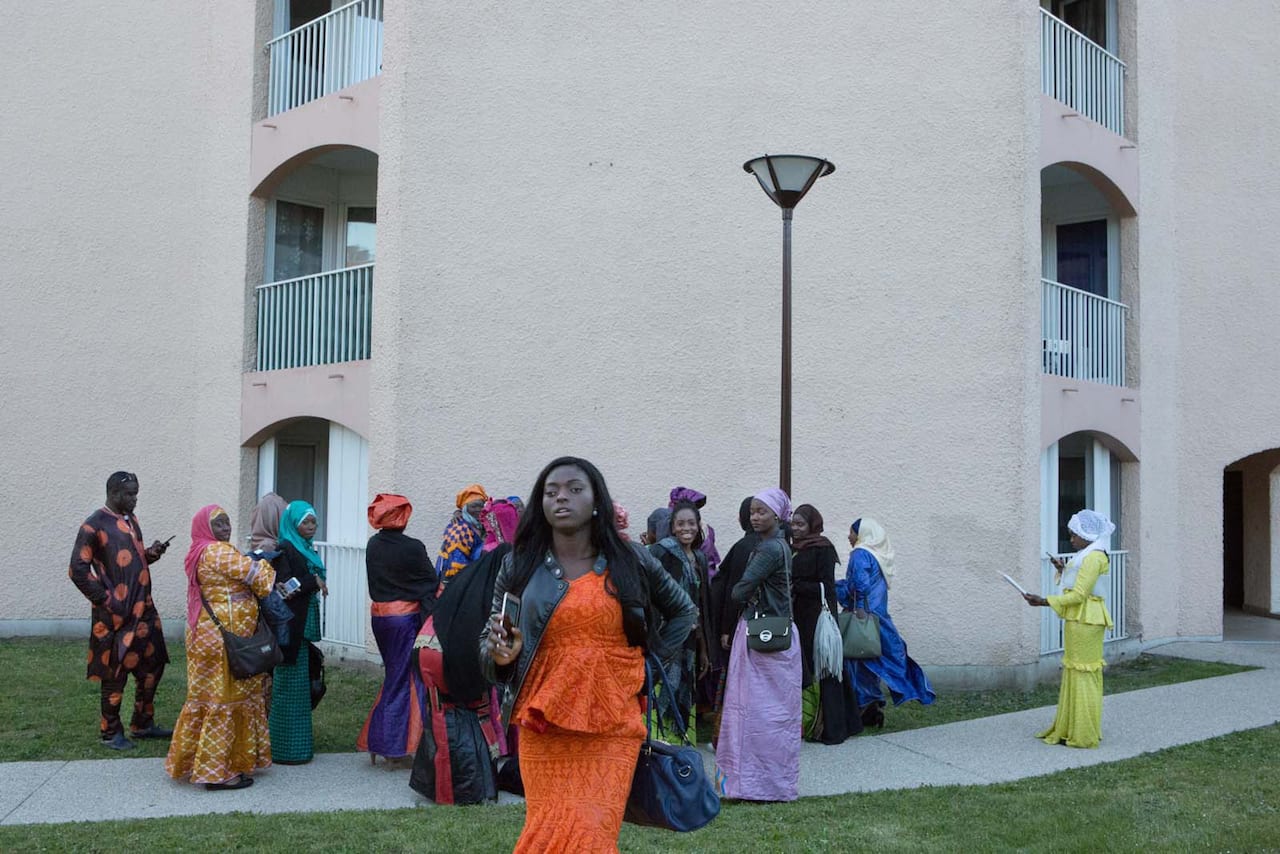
“Between colonialism and cosmopolitism, between a sense of not belonging and their nationality, many use the word Schizophrenie to describe how it is to construct their identity in the middle of two antagonistic cultures,” explains Carolina Arantes. Her project, First Generation, follows the lives of young Afro-French women living in the Parisian suburbs as they overcome prejudices and culture clashes. It has now been awarded the 2017 Firecracker Photographic Grant, securing Arantes £2,000 to help her complete the project.